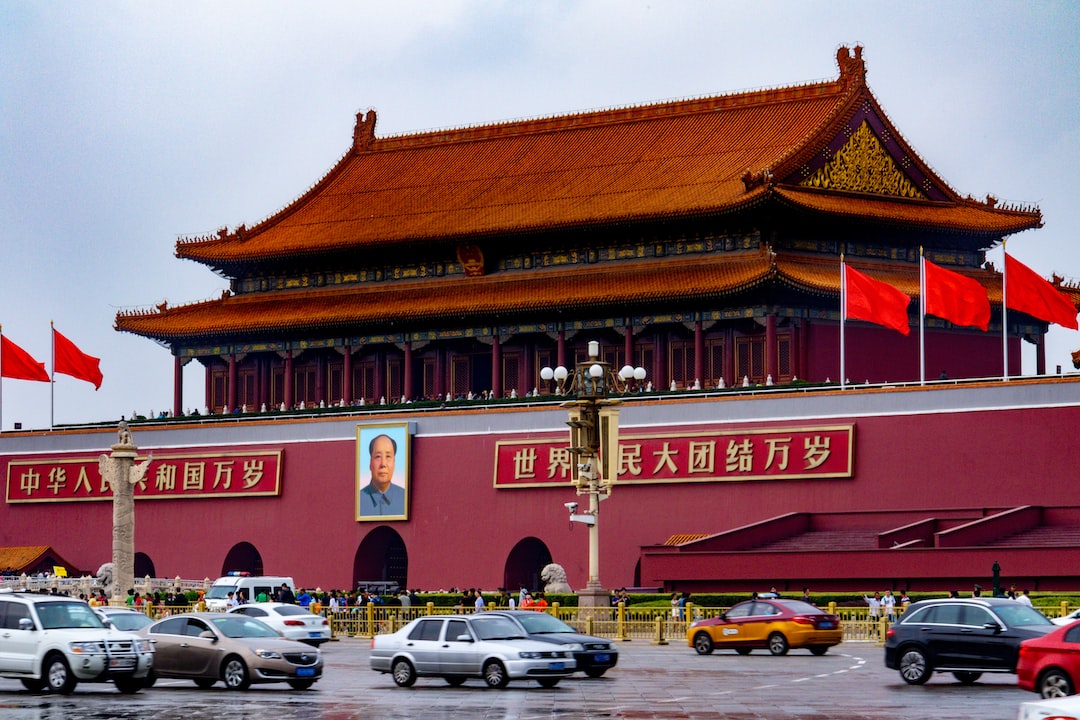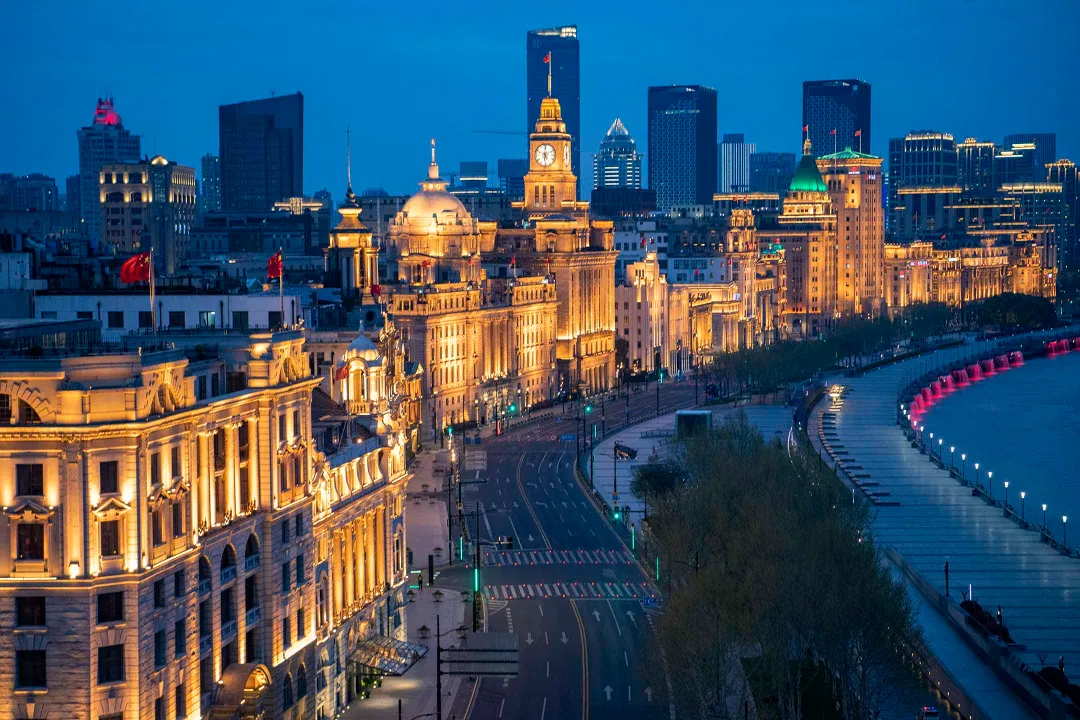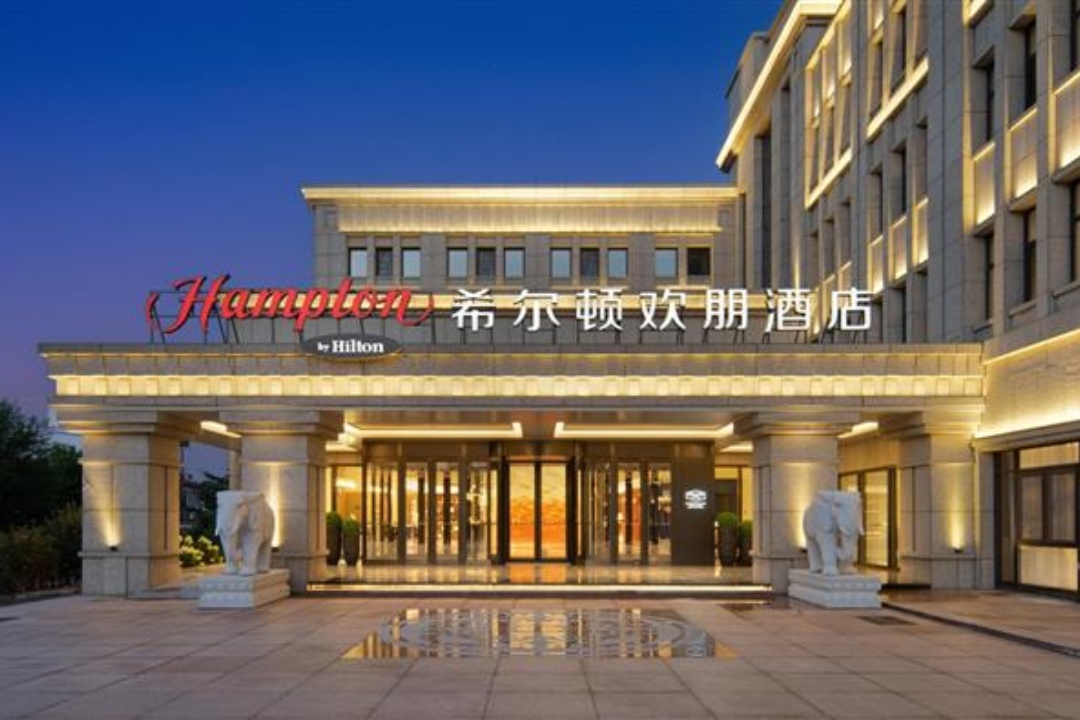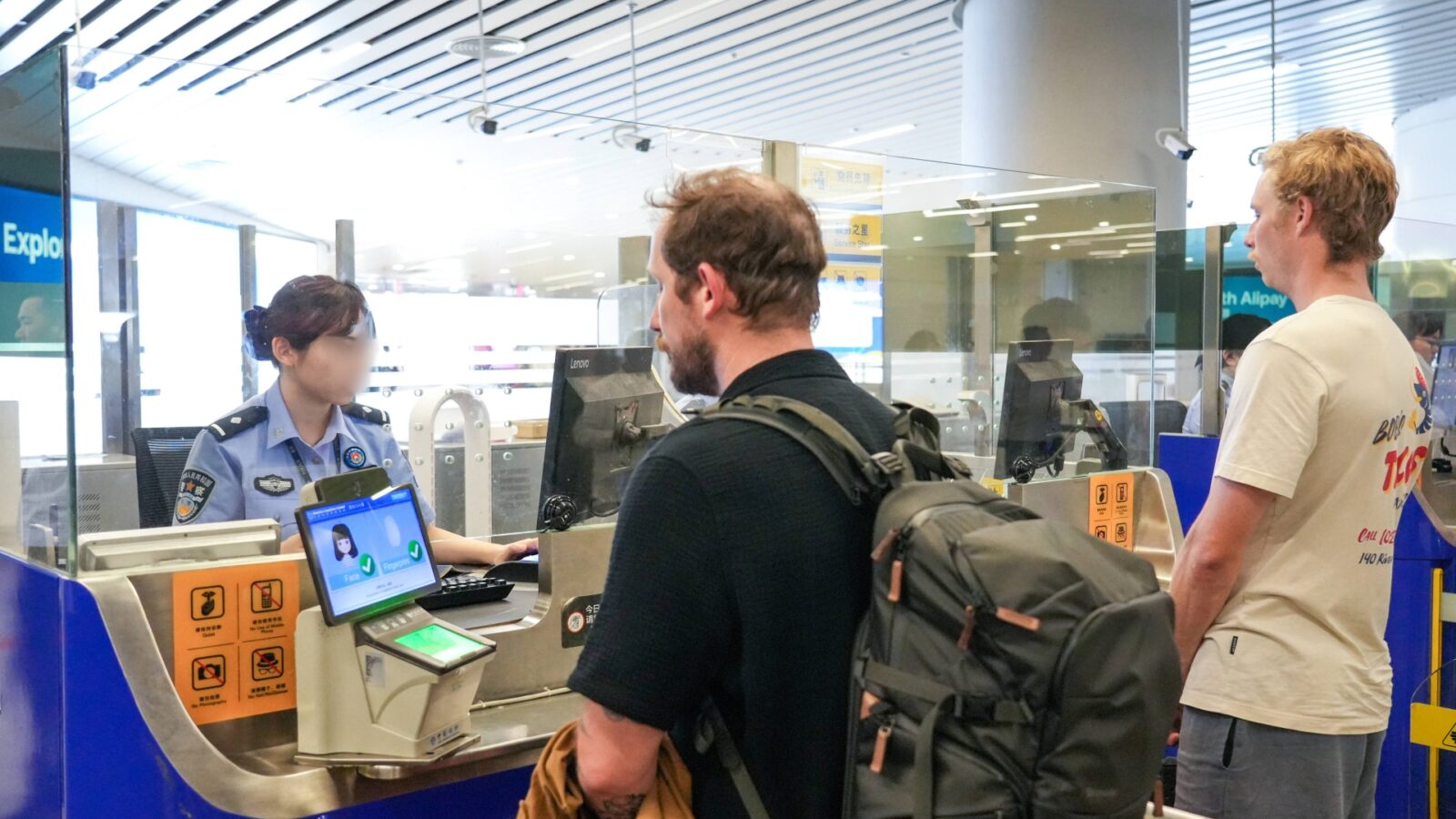In a move that caught many by surprise, China officially granted visa-free access to Azerbaijan passport holders in early 2025. If you’ve been putting off a trip to China because of the paperwork or embassy visits, that hurdle’s just been removed—at least for short stays. Azerbaijani passport holders can enter China without a visa starting July 16, 2025—no embassy visit needed.
But before you pack your bags and book that flight to Beijing or Shanghai, there are some important things you’ll want to know. There’s more to it than just hopping on a plane. From how long you can stay, to what documents you might still be asked for, and even which hotels will turn you away if you're a foreigner—it’s a mix of convenience and hidden surprises. As someone who’s made the trip recently, I’ll walk you through the real details of China visa-free entry for Azerbaijan passport holders, plus a few stories you probably won’t find on official sites.
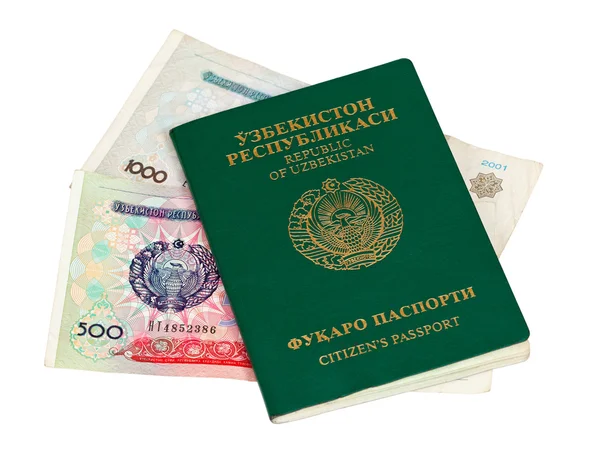
Azerbaijan passport
Can Azerbaijani Passport Holders Enter China Without a Visa in 2025?
When Did China Announce Visa-Free Access for Azerbaijan?
It’s not just a rumor—it’s written in black and white.On April 23, 2025, China and Azerbaijan officially signed a mutual visa exemption agreement for ordinary passport holders, allowing 30-day stays without a visa. The policy takes effect starting July 16, 2025. It’s been confirmed by both governments and posted on official sources like Passport Index and EIG Law.
Still, if you weren’t watching closely, you probably missed it. There were no big headlines, no airport billboards, not even a social media campaign. Just a quiet line in a press release. You almost had to dig for it. Some travelers kept refreshing embassy sites to be sure it wasn’t some trial program or limited offer. But no—it’s solid.
And maybe that’s what makes it feel surreal. After years of paperwork, embassy lines, and e-visa forms, the door just... opene No catch, no code. All you need is your passport—and a seat on the plane.It’s real—but you’d be forgiven for blinking twice at how silently it all happened.
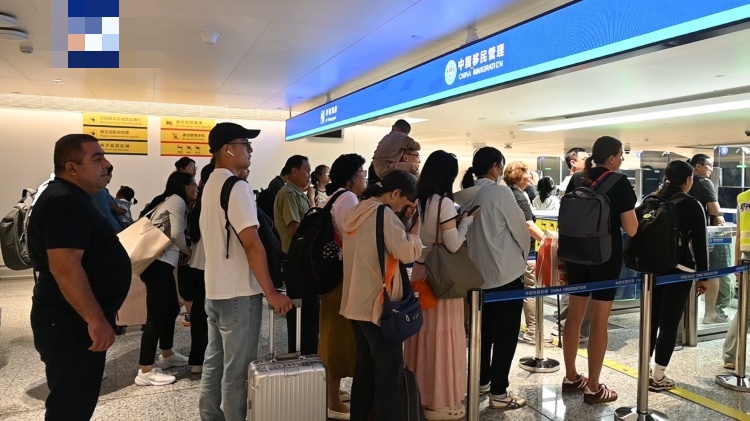
China officially grants visa-free entry to Azerbaijani passport holders
So What Are the Real Rules Behind Visa-Free Entry?
Okay, so the headline is sexy—china visa free for azerbaijan passport—but let’s not skip the small print. You get 30 days max per visit, and they mean it. Don’t think you can do 31 “by accident” and talk your way out of it. Immigration officers don’t do sympathy. That timer starts the minute you land, not the next morning after breakfast.
Make sure your passport won’t expire anytime soon—China’s not flexible on that.But mine had some wear on the back cover, and an agent at Chengdu airport squinted at it like it was a fake. (It wasn’t.) They didn’t say anything, but trust me, I felt it. Also, even though it’s “visa-free,” you might still get asked about hotel bookings or flight out—so yeah, have them ready even if nobody checks.
One more thing: this is for tourism, business meetings, visiting friends, maybe short-term stuff like trade shows. Not for working. Not for studying. And not for “helping your uncle at his dumpling shop for a few weeks.” The rules may sound flexible, but once you hit that border counter? They’re not.
Is It for Tourism Only or Other Types of Travel Too?
This part’s not exactly black and white—but that’s not a bad thing.The policy isn’t just for backpackers or selfie-chasing tourists. You can visit family, attend business events, or just wander around aimlessly for a few weeks, and it still counts. What you can’t do is stuff like internships, remote work, or anything that smells like “residency.”And yet, it’s hard to say if anyone’s paying attention. Well… they ask. Sometimes casually, sometimes like they already know your answer.
In my case, I said I was visiting Nanjing and maybe “doing some research for my blog”—and the officer just raised an eyebrow. Nothing more. But it made me wonder if I’d said “freelance work” or “consulting,” would it have gone sideways? Probably. Or not. That’s the game.
Bottom line: if you're going to China under the visa-free deal, and you're doing something that feels “light” and temporary—tourism, family, maybe a quick expo—you’re good. But anything with contracts, income, or schools? You’re on thin ice. Which is weirdly thrilling, if you think about it.
Wondering if your itinerary fits the new visa-free stay? See China Transit Visa: From 144 Hours to 240 Hours (2025 Update): Policy, Ports, and Itineraries
What Should You Prepare Before Landing in China?
Do You Still Need to Show Hotel, Return Ticket, or Itinerary?
So here’s the thing—yes, the whole china visa free for azerbaijan passport update sounds amazing. You feel like you can just hop on a plane and go. And technically, you can. But when I got to Shanghai Pudong and stood in that long, glassy immigration line, the reality hit me: I didn’t know what they’d actually ask. Hotel? Return flight? Anything?
I had screenshots ready—one of my Trip.com booking at a place near The Bund, and one of my return flight to Baku (on my phone and printed, because I’m paranoid like that). No one asked. Not a word. They just scanned my passport, nodded, and waved me through. But I’ve also heard stories from others who got questioned for 15 minutes because they couldn’t name their first hotel. So maybe I just got lucky—or maybe the officer was in a good mood. Who knows?
Point is, don’t treat this like a trip to Georgia or Turkey. China works differently. They might ask, or they might not, but when they do, you better have an answer that sounds like you’ve thought this through. If you stand there stammering about maybe booking something on arrival, well… let’s just say I wouldn’t bet on a warm welcome.
What Kind of Health or Entry Check Still Applies?
Ah, the health form. Everyone forgets about it until they’re on the plane, tired, and suddenly a flight attendant says “please complete your China Customs declaration.” Cue panic. Even under the new china visa free for azerbaijan passport deal, you still have to fill out that QR thing—the one with the green check. It’s not hard, but if your phone doesn’t connect to the Wi-Fi, and the app crashes, and your fingers are shaking—yeah, I’ve been there.
The form asks about your health, seat number, recent travel. It feels a little Cold-War-era at first, like “Are you carrying any diseased frogs?” But it’s standard. I did mine via WeChat’s mini program while sitting at Heydar Aliyev airport. Took five minutes. The tricky part is, they sometimes check it right after you land, sometimes not. For me in Chengdu, no one scanned it. But in Guangzhou? They had a line specifically for health declaration checks. It felt random.
So yeah, don’t overthink it—but don’t ignore it either. If you’re caught without it, they won’t yell at you, but they’ll make you step aside and do it right there with airport Wi-Fi that may or may not work. I wouldn’t want to start my trip like that.
Can You Move Freely Across Cities Like Beijing, Shanghai, Chengdu?
Short answer? Yes. Once you get through border control, you can travel anywhere in mainland China. But “freely” is doing a lot of work here. I thought it meant I could just jump on a train like in Europe—nope. The first time I tried to buy a high-speed train ticket from Beijing to Xi’an at the station, the staff politely (but firmly) told me: “You need passport verification first.” What?
Turns out, foreigners have to register their passport with the system before booking through the 12306 app or even at the counter. I ended up using Trip.com, which worked fine, but I had to go early to pick up the physical ticket. And the lines at Beijing West Station? Brutal. I mean, it felt like half the country was there. So yeah, you can go anywhere—but not without friction.
Let’s just say finding a place to sleep wasn’t the easy part. In Chengdu, I walked into a place I booked online—looked modern, cheap, central. But they saw my passport and went, “Sorry, we can’t register foreigners.” What?! I had to rebook on the spot, ended up paying more at a Hilton just because they knew how to handle international guests. So yes, you’re allowed to move—but it helps to know where you’ll be welcome.
- BeiJing
- The Bund, Shanghai
- ChengDu
What Does Visa-Free Travel in China Actually Feel Like?
How a First-Time Azerbaijani Traveler Navigated the System
It’s surprisingly uneventful—and that’s what throws people off. You expect a few hoops to jump through. Maybe a quick interview at immigration. A stamp. Something official-feeling. But once the china visa free for azerbaijan passport policy kicks in, what actually happens is... not much. Passport scan, a short pause, maybe a blue entry slip—and then you’re waved through. It almost feels too easy.
Most travelers don’t get asked many questions, especially if they have a hotel booking and return ticket ready. But the lack of friction can be unsettling. You keep wondering, did I miss a form? Should I have printed something else? But no—if you’re just visiting short-term and everything checks out, that’s really it. No visa sticker, no stamps to admire later, just a quiet nod and you're in.
And that lack of ceremony makes things feel both efficient and, weirdly, impersonal. You're entering a country of over a billion people, and no one really reacts. You’re just another traveler. Which is good, yes—but don’t expect a warm welcome parade. It’s fast, silent, and if you’re not mentally ready for that, it can feel a bit like walking into a movie where everyone forgot you were coming.
What Surprised Me Most: From Payments to People
For many first-time visitors, it’s not the visa process that surprises them—it’s what happens after. Cash doesn’t work like you'd think. People in major cities rarely carry bills anymore. You’ll see fruit sellers with QR codes taped to cardboard boxes, street performers using Alipay tip jars, even temple donation boxes set up for digital scan. Try pulling out a 100-yuan note at a train station kiosk, and you might get a blank stare or a wave toward the payment machine.
This catches a lot of travelers off guard. They assume they can rely on international cards or grab some cash at the airport and wing it. But apps rule daily life in China, and unless you’ve pre-installed Alipay International or WeChat Pay for Visitors, you’ll hit walls. Even metro rides and food courts expect you to scan—no scan, no lunch. It's not hostile, just deeply local.
And then there’s the people part. Locals don’t seem surprised to see foreigners anymore, especially in cities like Shanghai or Shenzhen. They’re not cold, but also not overly curious. They have things to do, phones to scroll. Some will help if asked, but don’t expect a lot of unsolicited assistance. It’s efficient, self-contained, and kind of fascinating once you settle into it. But yeah, it’s not a hand-holding kind of place—and maybe that’s what makes it stick.
What Mistakes Do People Make When Relying on Visa-Free Access?
Booking Hotels That Don’t Accept Foreigners
This one catches a lot of people off guard. Just because a hotel shows up online—and maybe has great photos and reviews—doesn’t mean it’s legally allowed to host foreign nationals. In China, not all hotels are registered with the Public Security Bureau (PSB) system for international guests, and this isn’t something they always make clear upfront. Some travelers only realize it when they hand over their passport at check-in and get politely turned away.
It usually happens with smaller local chains, especially in second-tier cities or budget listings on domestic platforms like Meituan or Qunar. Even places that look modern and clean may simply not have the police-linked system required to log foreign guest info. Staff aren’t being rude—they just literally can’t process your stay without that system in place. And in a visa-free context, this can be extra confusing, since you’re already not doing paperwork.
So if you’re traveling under the china visa free for azerbaijan passport policy, the safest route is to use international booking platforms like Trip.com, filter by “accepts foreign guests,” or stick to known chains like Hilton, Holiday Inn, or Atour. It might cost a bit more, but walking into a hotel at 11 PM and being told “no foreigners” is... well, not how anyone wants their trip to start.
- Hilton Hotels
- Holiday Inn
- Atour Hotel
Assuming Everything Will Be in English
This feels like a harmless assumption—China’s a major global power, big cities, tech everywhere—so surely English is common, right? Not exactly. In reality, English signage is decent at airports and some high-speed rail stations, but once you step into everyday environments—restaurants, shops, ticket counters—it fades fast. Many frontline staff don’t speak it, and translation apps become your best friend pretty quickly.
Some people are genuinely surprised by this. They think because China hosts millions of tourists, communication won’t be an issue. But China’s infrastructure was largely built with domestic travel in mind. Apps, machines, even menu systems on ticket kiosks often default to Mandarin, and if you can’t read it, things slow down. Fast. It's not that people won’t help—many will—but they may panic or freeze if you approach them in English out of the blue.
So no, visa-free doesn’t mean language barrier–free, and it’s better to accept that upfront than get flustered mid-transit. Downloading Pleco, Baidu Translate, or even learning how to show your destination address in Chinese can make the whole thing feel smoother. Or at least, less like a guessing game.
Forgetting to Keep Emergency Info Handy
This one’s easy to overlook, especially when you’re not dealing with embassies, forms, or any official process. You just fly in with your Azerbaijani passport, wave it at immigration, and you’re through. Feels casual. But that can make people a bit too relaxed—and that’s where problems begin.What happens when your phone dies, your wallet's gone, and no one around understands a word you're saying?
Having backup contact info—your hotel, embassy, a local friend (if any), even a simple translation card that says “I need help”—can go a long way. China is safe, yes, and systems are well-run. But it's also massive, fast-moving, and not always intuitive for a first-timer. The china visa free for azerbaijan passport arrangement doesn’t mean you won’t get lost or overwhelmed in a train station with five exits and no English signs.
You don’t need to panic-plan for every scenario, but carrying a small paper copy of key addresses, contacts, and your passport number isn’t overkill. It’s just smart. Especially when the power bank you packed somehow dies at the exact worst moment—which, weirdly, happens more than you’d expect.
Do You Still Need a Visa in Some Situations?
When Should You Still Apply for a Traditional Visa?
The visa-free policy sounds like it covers everything—and for short trips, it really does. But once you move beyond the casual travel category, things get trickier. If you’re planning to stay more than 30 days, or do anything involving income or formal study, a traditional visa is still required. The 30-day rule is not flexible, and it doesn’t reset just because you hop across the border and return.
That includes things like taking a language course at a university, joining a long-term internship, or—even more obviously—starting a job in China. Even remote work can fall into a gray zone, especially if it involves local clients. Immigration isn’t scanning your laptop, sure, but if your purpose gets flagged, you'll want the right visa. And no, saying you’re “just helping out” at a relative’s store doesn’t really cut it.
In short, china visa free for azerbaijan passport doesn’t mean you can avoid all paperwork forever. For anything long-term, recurring, or outside the definition of “personal visit,” applying for the proper visa is not only safer—it’s probably the only way things will go smoothly. Testing the edges of the policy might work for some, but the consequences aren’t worth guessing.
Can You Easily Apply for a Visa from Within China If Needed?
This is where it gets a little frustrating. Once you’re inside China on a visa-free entry, it’s very difficult to convert that status into a different visa—without first leaving the country. The system isn’t really built for on-the-fly visa upgrades. Local immigration offices might tell you to exit and apply from your home country or the nearest Chinese consulate abroad. That’s not always convenient, especially if plans change after you arrive.
There are a few exceptions. Some cities with large expat populations—Shanghai, Shenzhen—have processes for “stay permit extensions” or even special cases where you can switch visa types locally. But those are usually for people with strong documentation, like an official job offer or university admission letter. For travelers on china visa free for azerbaijan passport terms, the safest assumption is: what you entered with is what you stick with.
So if there’s even a chance you’ll need more time, or you’re thinking of shifting your visit into something more structured—get the proper visa beforehand. China isn’t the kind of place where “figure it out later” works well when it comes to paperwork. And yes, they really do check.
Travel Smart Under the New Visa-Free Rules
Where to Get Reliable Travel Updates and Entry Advice
If you’re relying on TikTok comments or whatever’s trending on Reddit to plan your trip—pause. That’s how a few travelers found themselves stuck at check-in in Baku, being told they still needed a visa. They didn’t. But the airline staff didn’t know either. So yes, china visa free for azerbaijan passport is official, but you’ll want more than screenshots to back it up.
The most stable source? Probably the Embassy of China in Baku. It’s a little old-school, but updates do go up there—eventually. Some people also use IATA Travel Centre (that’s what airlines often check), or go through Passport Index, which has been surprisingly accurate. But even then, you’ll sometimes find details missing. Like, it’ll say “30-day visa-free,” but not mention that you still need six months of passport validity.
So yeah, cross-check stuff. Double if you’re flying in through a third country. China’s rules don’t shift often, but when they do, they don’t exactly put it on a billboard at the airport. A little digging upfront makes things way less stressful later.
What Travel Tools Make Life Easier in China (2025 Edition)
Everything runs on apps in China. Not kind of—completely. So if you land thinking you’ll figure it out later, that’s when it gets awkward. Say you want to take the metro in Chengdu. You walk in, there’s no paper ticket booth, just QR turnstiles. You don’t have Alipay International installed yet. What then? You stand aside, watch locals breeze through, and maybe… panic a little.
It’s not just Alipay. Maps? Baidu Maps will get you places—Google won’t even load. For booking trains, 12306 is the official site, but many foreigners just stick with Trip.com because it skips the ID verification maze. And if your hotel ends up being “locals only,” you’ll want to know before you arrive. Trip.com filters for “Accepts Foreigners” actually save people from some awful late-night surprises.
Point is, none of these apps are hard to use. They just require a little setup—before the firewall kicks in. Once you're inside China, app stores get weird, VPNs get shaky, and download speeds crawl. You can do it all, yes. But it goes way smoother if you’re not doing it last-minute at baggage claim, watching the Wi-Fi spin.
Frequently Asked Questions (FAQs)
Q: What happens if I lose my entry slip after arriving in China visa-free?
So, after you land in China, immigration gives you a small blue slip. It’s not fancy—it looks like something you'd throw away with your baggage tag. But don't. That slip is proof you entered legally under the china visa free for azerbaijan passport rule. Some hotels might ask for it. In rare cases, police might too. If you lose it, you're technically still legal—but it could complicate things if you're stopped or changing cities. Replacing it isn’t simple either. You’d have to go to the exit-entry bureau, probably wait in line, explain the whole thing… and hope someone speaks English. Better to take a photo of it just in case. That’s saved more than one traveler from panic.
Q: Can I exit China through a different city than the one I arrived in?
Yes, absolutely. Once you’re in, you can move around freely. You don’t have to leave from the same airport. Fly into Guangzhou and leave from Xi’an? Totally fine. The visa-free agreement doesn’t restrict internal travel—china visa free for azerbaijan passport rules don’t care which city you exit from, as long as it’s within 30 days. But remember: some airports may be more familiar with foreigners. Smaller ones might not be fluent in exit procedures. Have your documents ready, show your passport and entry slip (if you didn’t lose it), and things usually go smoothly. Usually. Not always. It depends who’s on shift that day, to be honest.
Q: Can I travel visa-free to China with my child using our Azerbaijani passports?
Yes, absolutely. As long as your child also holds a valid Azerbaijani passport, the same 30-day visa-free entry applies. There’s no separate application, no child-specific process—it’s just part of the overall china visa free for azerbaijan passport agreement. But keep this in mind: children must have their own passports. If they’re listed under a parent’s document (which is rare nowadays, but still possible in some cases), that won’t work. Also, China immigration may ask for proof of relationship—like a birth certificate—especially if only one parent is traveling with the child. It doesn’t happen all the time, but it’s better to be prepared.
For domestic travel inside China, you'll need to enter the child’s passport info when booking trains or flights. Some systems (like 12306) get picky with formatting, so Trip.com tends to work better for foreign travelers booking for families. Hotels also need to register every guest—including children—so don’t be surprised if they ask for your child’s passport at check-in. And yeah, some hotel staff might look confused for a second, but it’s not a problem—just slightly outside the norm.
Q: Will I need a VPN to access my usual apps in China?
For anything Google-related—yes. Gmail, YouTube, Google Maps? Blocked. Facebook and WhatsApp too. TikTok works, but Instagram usually doesn’t. If you want access to those, you’ll need a VPN. Just be aware: many free VPNs don’t work once you’re in China. So install one before flying in. And even paid ones sometimes slow down or disconnect during big political events. It’s not illegal to use a VPN as a tourist, but don’t advertise it either. Some travelers go without and just use Chinese apps like WeChat and Xiaohongshu. That works fine if you're adaptable. If not, well—bring your VPN, but keep your expectations modest.
Q: Can I extend my stay in China beyond 30 days if I entered visa-free?
Not really. The 30-day visa-free stay for Azerbaijani passport holders is fixed. There’s no easy way to extend it while you’re inside China. Some travelers try going to local immigration offices to ask—but in most cities, they’ll just tell you to leave and re-enter with a visa. That’s how the system works. A few exceptions might exist in places like Shanghai or Beijing, but even then, it usually requires a solid reason and paperwork. Definitely not something you can count on as a backup. So, if you even think you might need more than 30 days, it’s safer to get a regular visa from the start. The visa-free deal is generous—but not flexible.
Q: Can I use WeChat Pay or Alipay in China without a Chinese bank account?
Yes, but only if you set it up before you really need it. Alipay International lets you link foreign cards like VISA or MasterCard. The process has improved lately—it used to be buggy. Now, most Azerbaijani credit or debit cards can be added. That said, SMS codes sometimes don’t go through, or the system may ask for extra verification. WeChat Pay also works, but setting it up as a foreigner takes a few extra steps. And not all shops accept WeChat—they prefer Alipay in most cities. So test it early. Don’t wait until you’re trying to pay for noodles and the app crashes. It happens.
Q: Do I need to carry my passport all the time in China?
Technically, yes. In practice? Almost. Hotels will ask to scan your passport, and sometimes train stations too. Some larger tourist attractions might request ID, especially during national holidays. Police don’t often stop people on the street—but if they do and you can’t show ID, things get complicated fast. A clear photo on your phone isn’t always accepted, especially in smaller cities. So yeah, it’s a hassle, but safer to keep it with you. Just maybe use a neck pouch or money belt—because losing your passport in China? That’s a stress level nobody needs.
